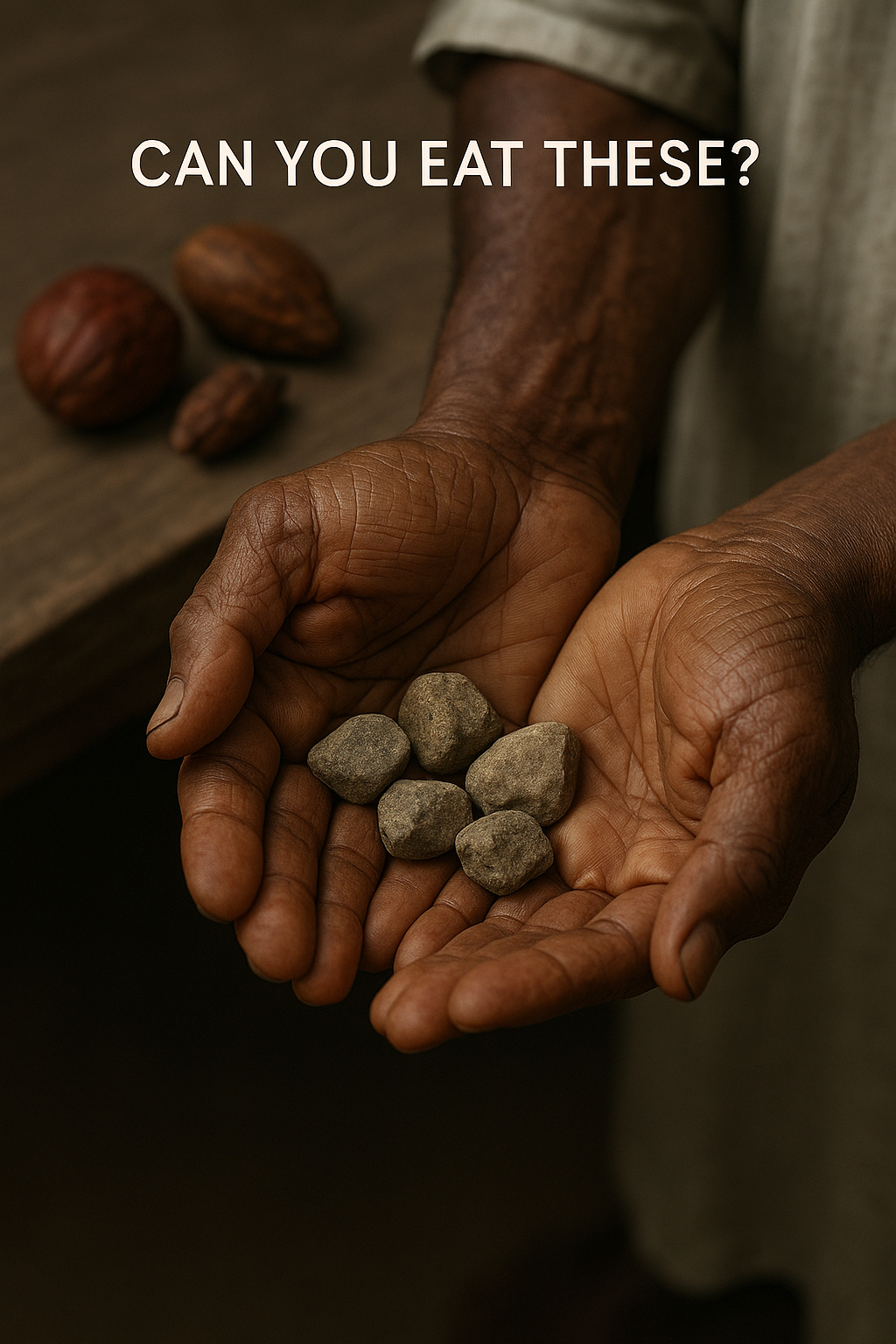
In the Ifá spiritual system, not all restrictions are limitations. Some are shields. Some are keys. These are called Eèwò — sacred taboos that act as spiritual boundaries set by your destiny.
Eèwò are not about superstition or fear. They are deeply personal, revealed through divination, and designed to keep your energy aligned with the path your soul chose before birth. Ignore them, and your path becomes scattered. Honor them, and your life unfolds with clarity.
What Is an Eèwò?
An Eèwò is a personal “do not cross” line — a spiritual instruction that tells you what is not compatible with your orí (inner head). These can include:
- Foods you must never eat
- Places you should avoid
- Colors you shouldn’t wear
- Behaviors that disrupt your alignment
- People or roles that drain your spiritual power
Eèwò are discovered through Ifá consultation, most often during Ìtà, the third day of initiation. They are tailored to your odù and your specific destiny. No two people have exactly the same list, even if their odù appear similar. Because your path is yours alone.
Why Taboos Matter
In Ifá, not everything that’s “good” is good for you. What elevates one person might spiritually poison another. That’s why Eèwò matter. They prevent you from stepping into environments, ingesting substances, or engaging in patterns that will compromise your alignment.
When you break an Eèwò:
- You attract setbacks
- You open spiritual loopholes
- You weaken the power of your offerings
- You delay your blessing
But when you honor them, doors open. Rituals work. Life feels smoother. Your spirit becomes sharper. Your protection becomes automatic.
The Ìtà Ritual: “Can You Eat These?”
During Ìtà — the third day of your Ifá initiation — you participate in a symbolic ritual to reinforce the weight of your Eèwò.
- You’re offered sacred foods: obi (kola nut), orógbo (bitter kola), and ataare (alligator pepper). These represent nourishment, wisdom, and alignment.
Then you’re handed a handful of stones in your left hand and asked:
“Can you eat these?”
The answer is obvious: No.
That moment becomes your lifelong metaphor:
Just as stones cannot nourish the body, your taboos cannot nourish your spirit.
To seal the understanding, the stones are thrown onto the roof of the house — symbolizing that these restrictions now sit above your head, guiding your decisions for life. You are not to reach for what your soul cannot digest.
Beyond Rules: Eèwò as Spiritual Discipline
Eèwò are not punishment. They are precision. They help you say no without guilt. They help you choose peace over chaos. They train your character to remain rooted in discernment, even when ego wants control.
They also serve a practical function: many spiritual medicines used in Ifá contain herbs or substances that may clash with your Eèwò. Without that awareness, you could accidentally poison your path — or block your own rituals.
That’s why discipline isn’t optional. Every Eèwò is a checkpoint. A filter. A mirror. A test. And a gift.
How to Live With Your Eèwò
To walk in alignment with your taboos:
- Stay conscious. Know your Eèwò and reflect on why they were given.
- Ask questions before using herbal products, ritual tools, or joining ceremonies.
- Write them down. Keep them visible. Teach your household to honor them too.
- Return to Ifá if something feels off — sometimes a temporary or situational taboo arises that also needs to be acknowledged.
- Don’t fear them. They’re not burdens. They’re boundaries that protect your blessings.
Your Eèwò are not meant to restrict your freedom — they’re designed to amplify your power.
They cut through the noise. They protect your time. They preserve your joy. And most importantly, they keep your destiny on course.
So the next time you feel tempted to cross a spiritual line, ask yourself: “Can I eat this?”
If the answer is no — walk away with your power intact.
